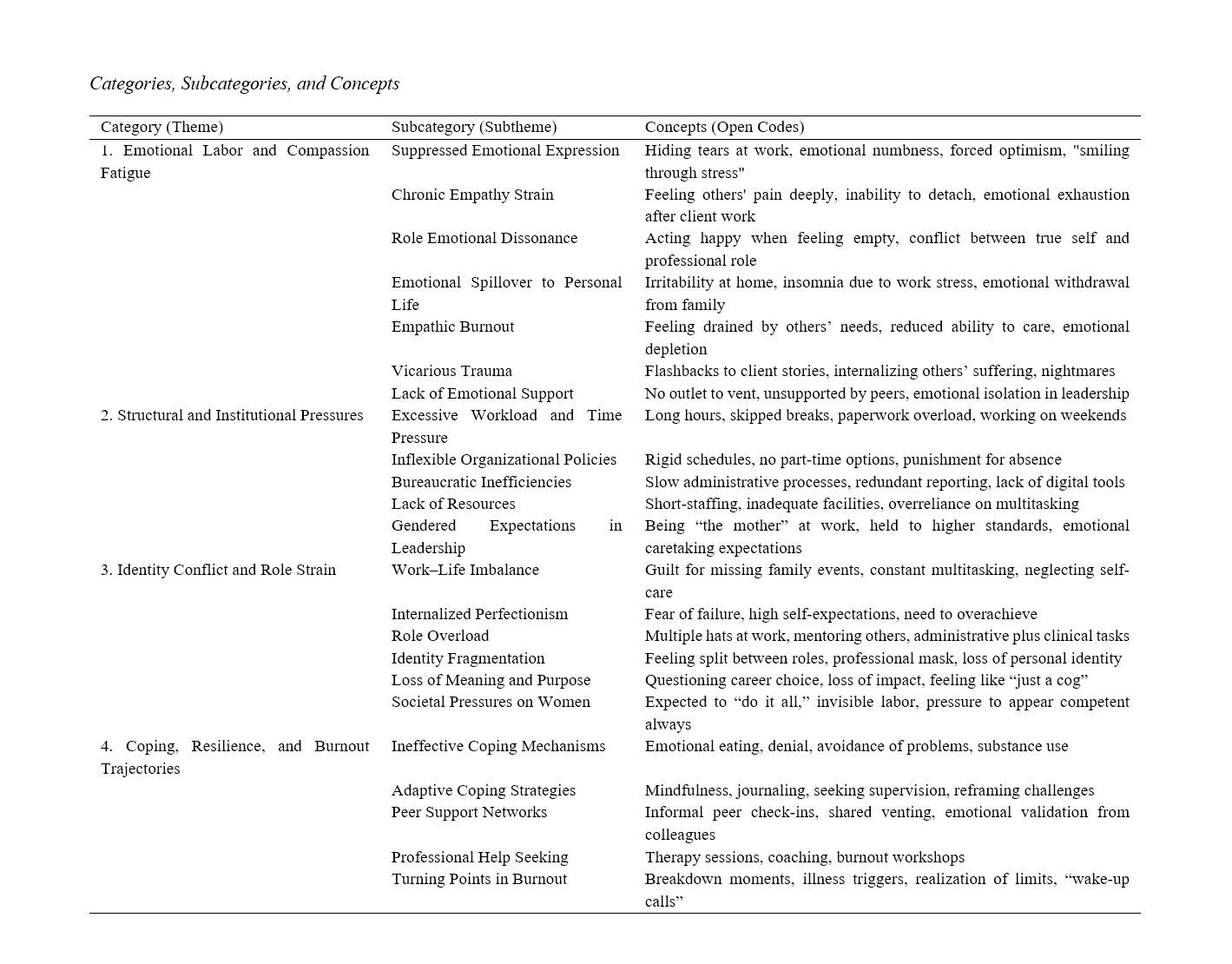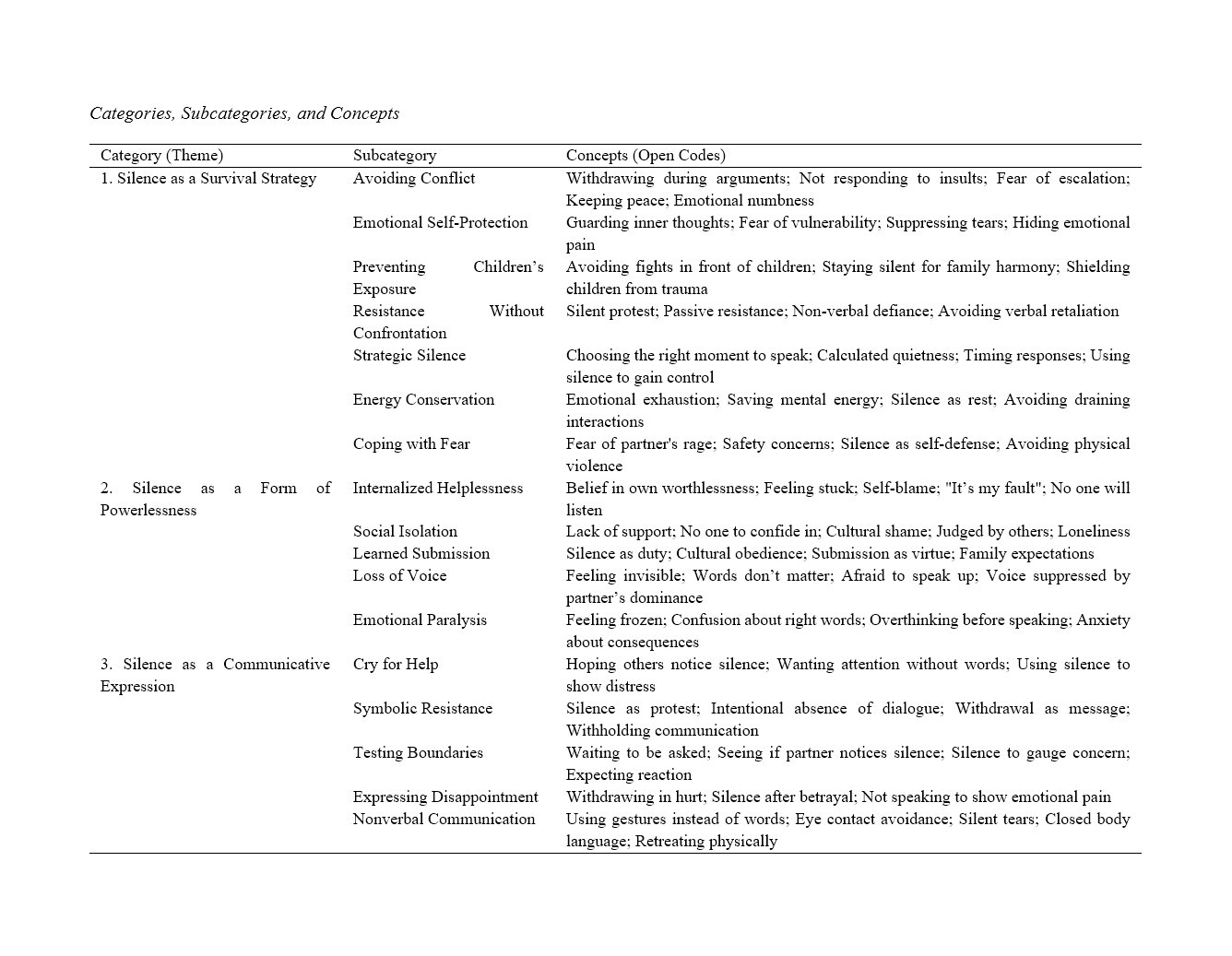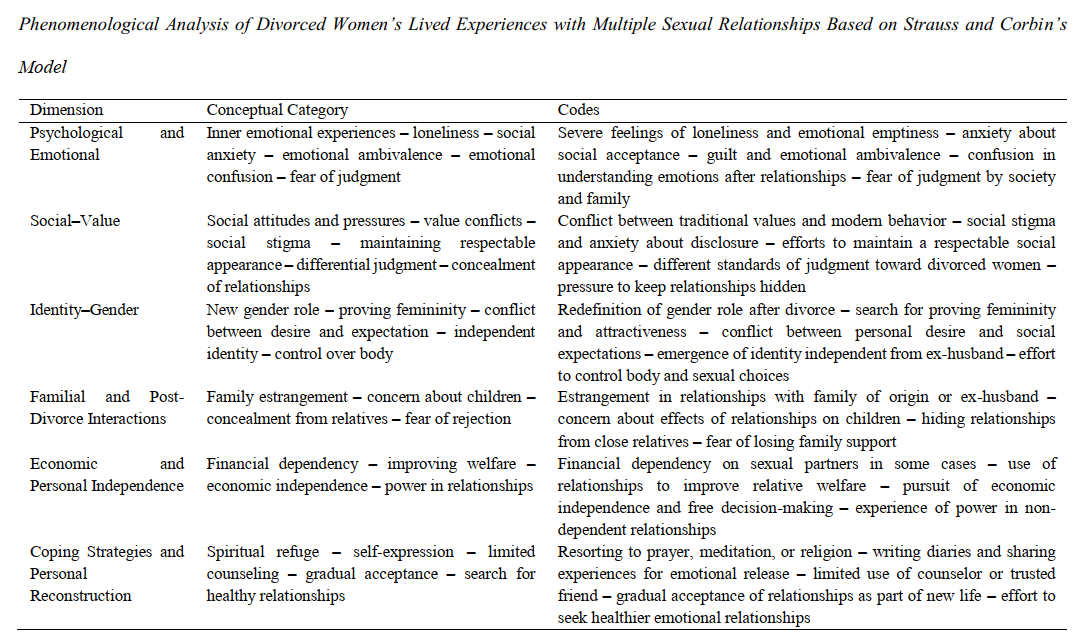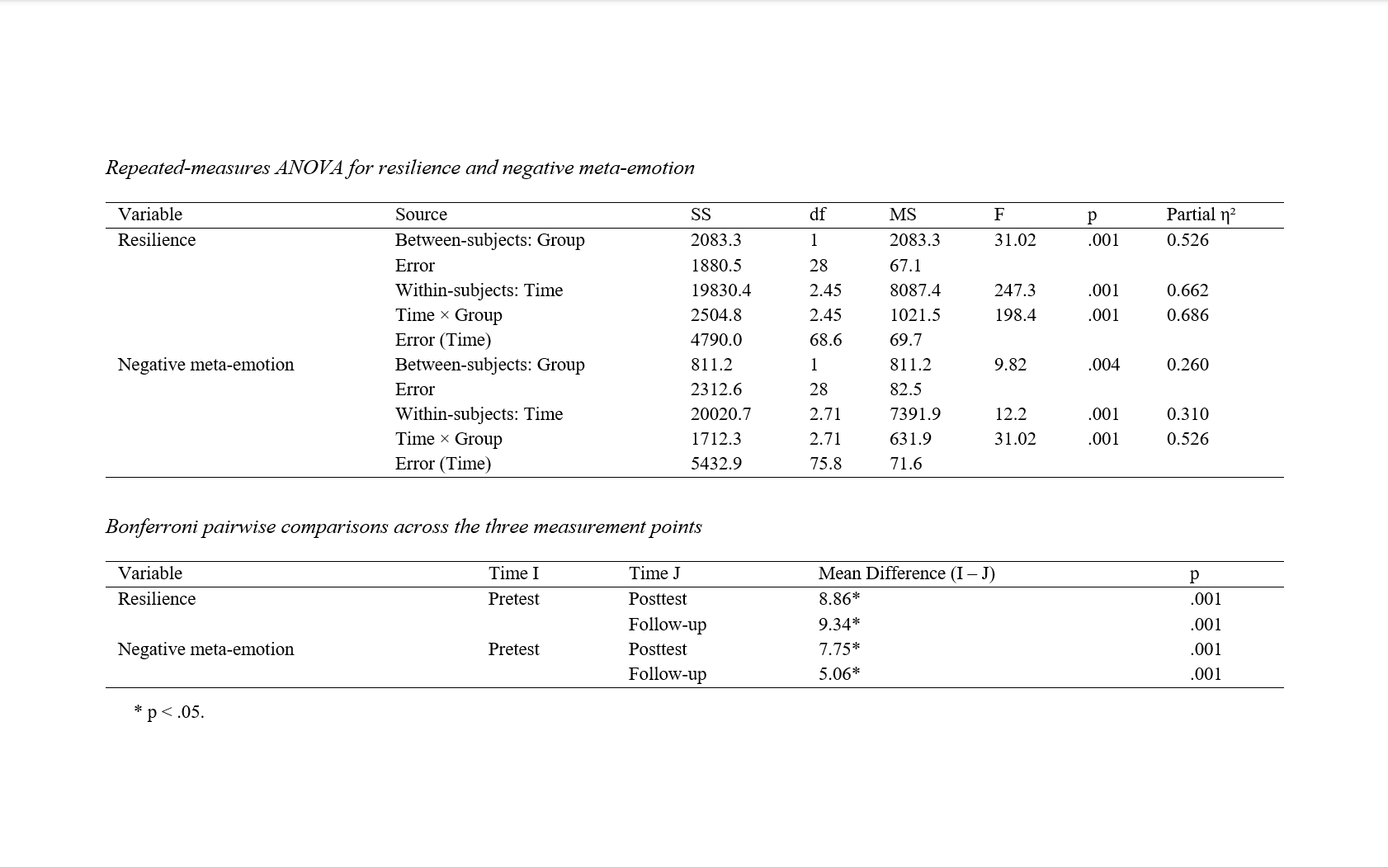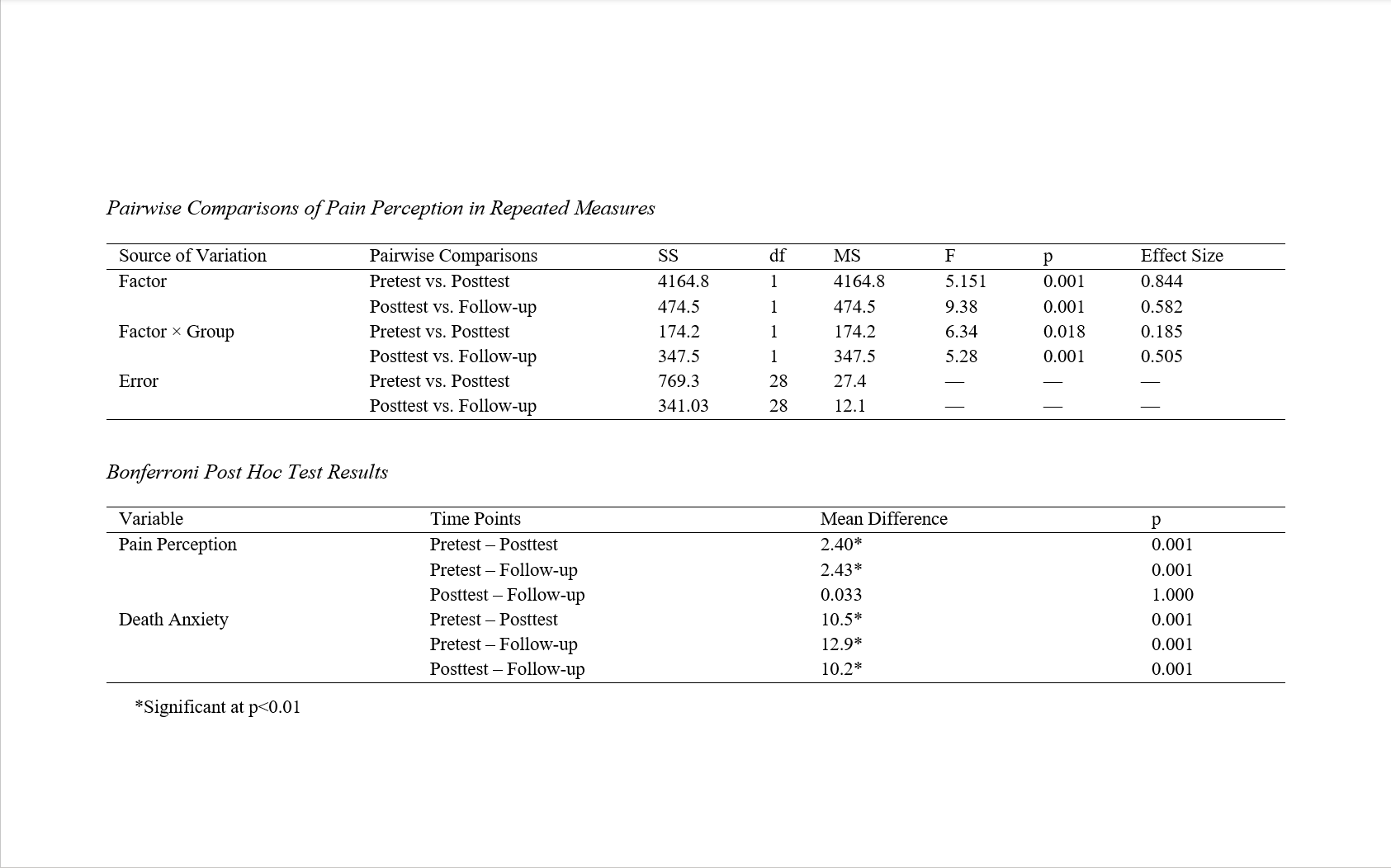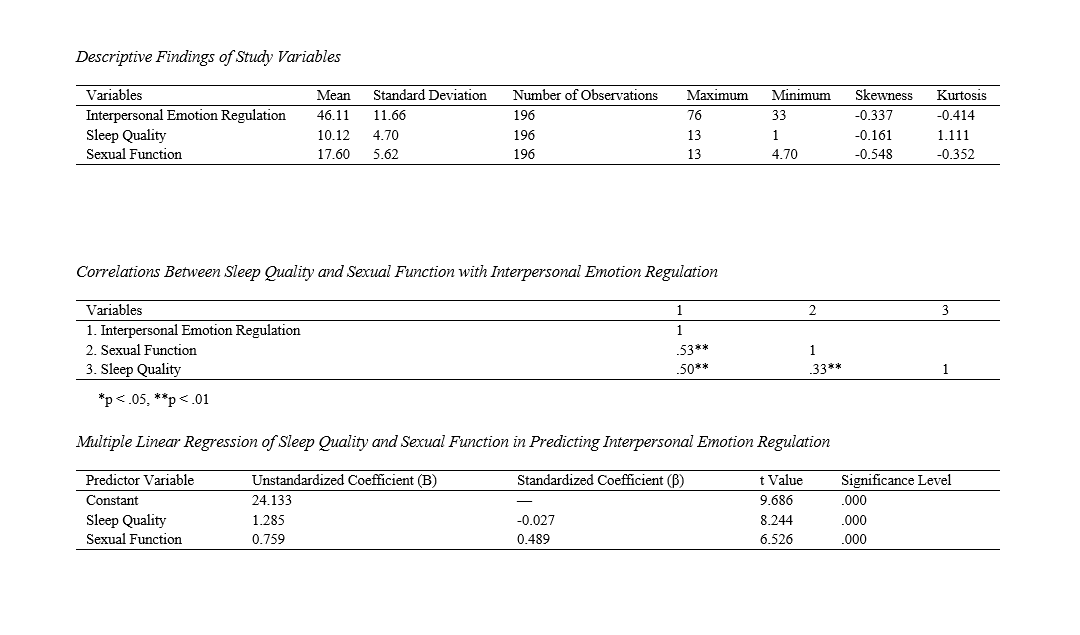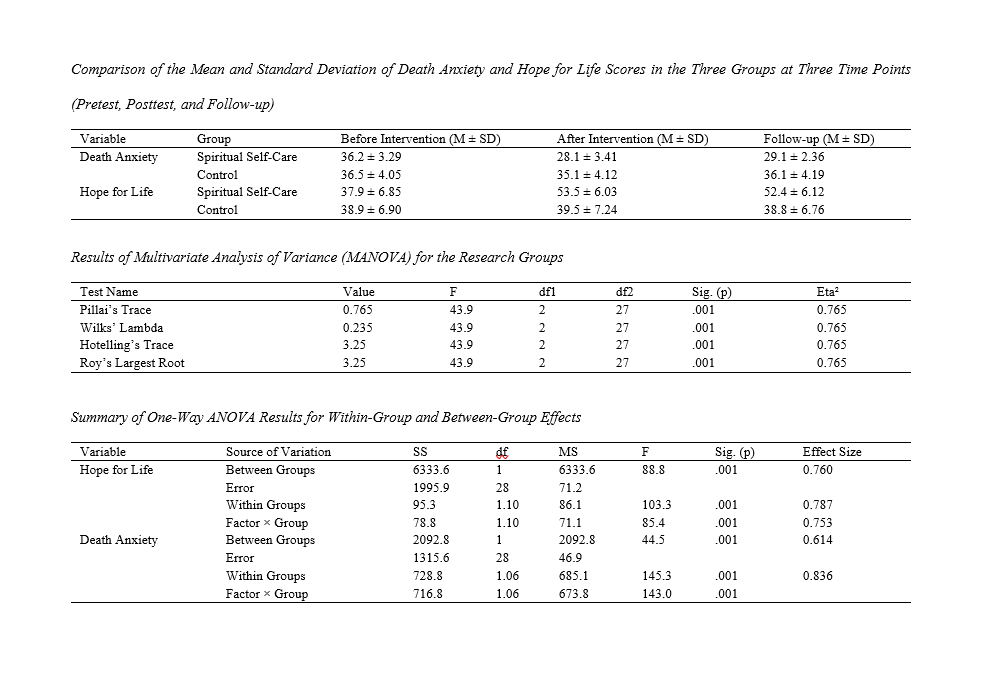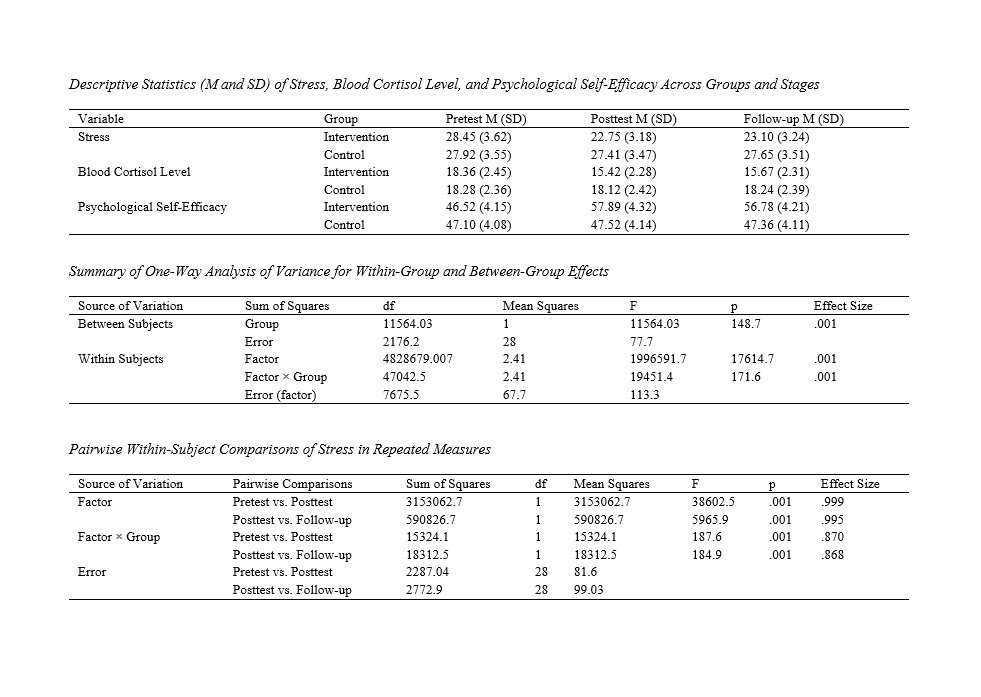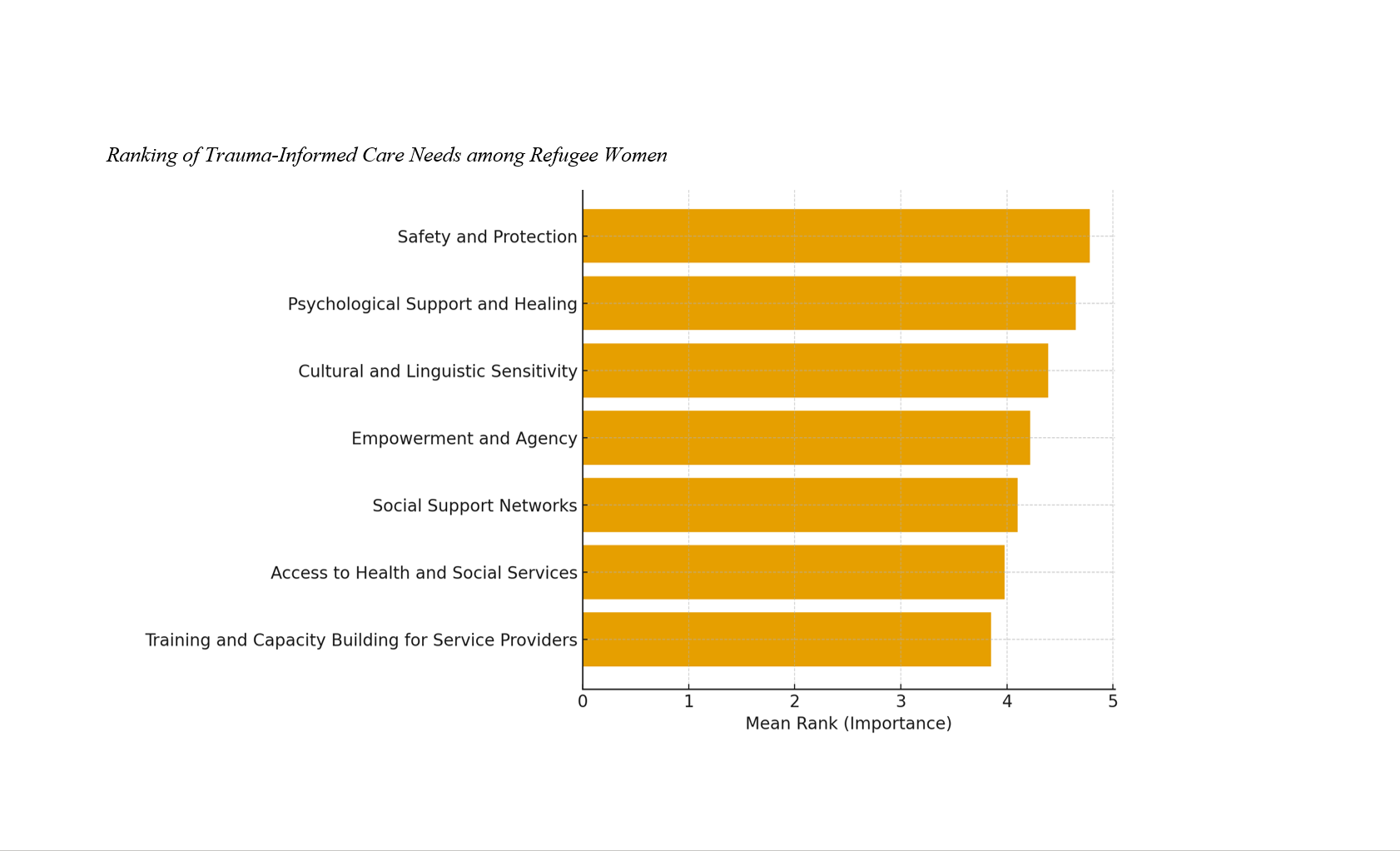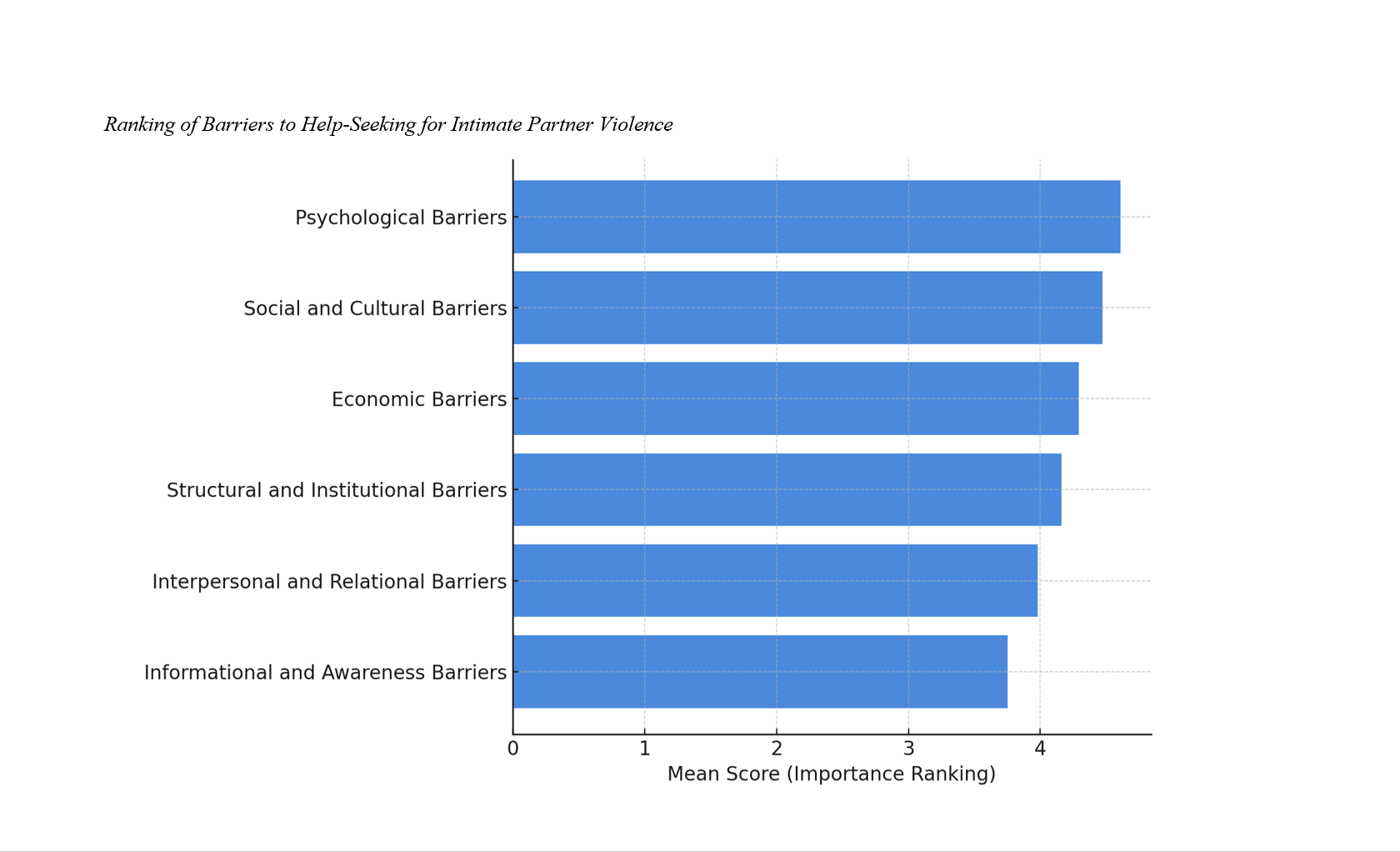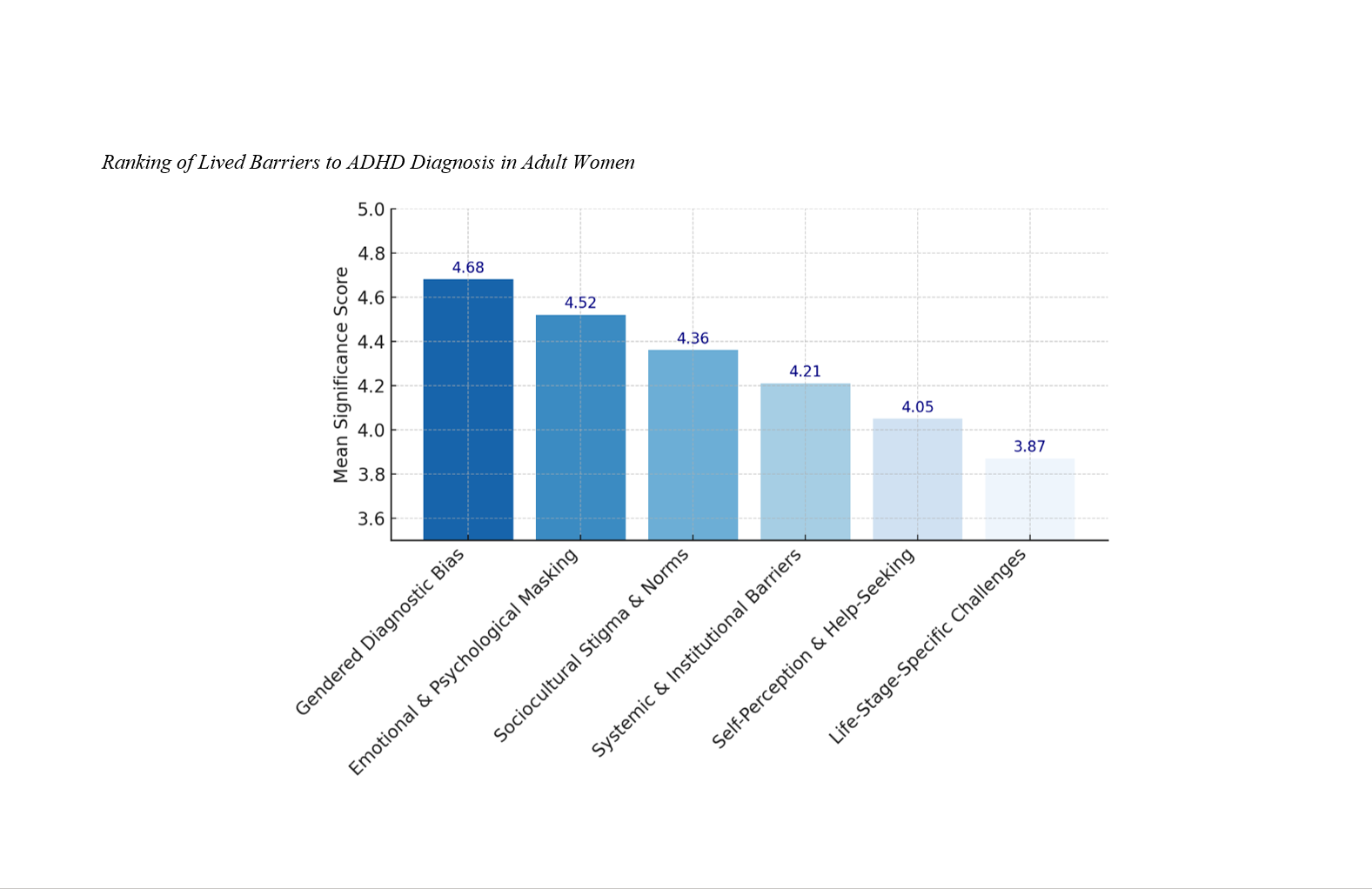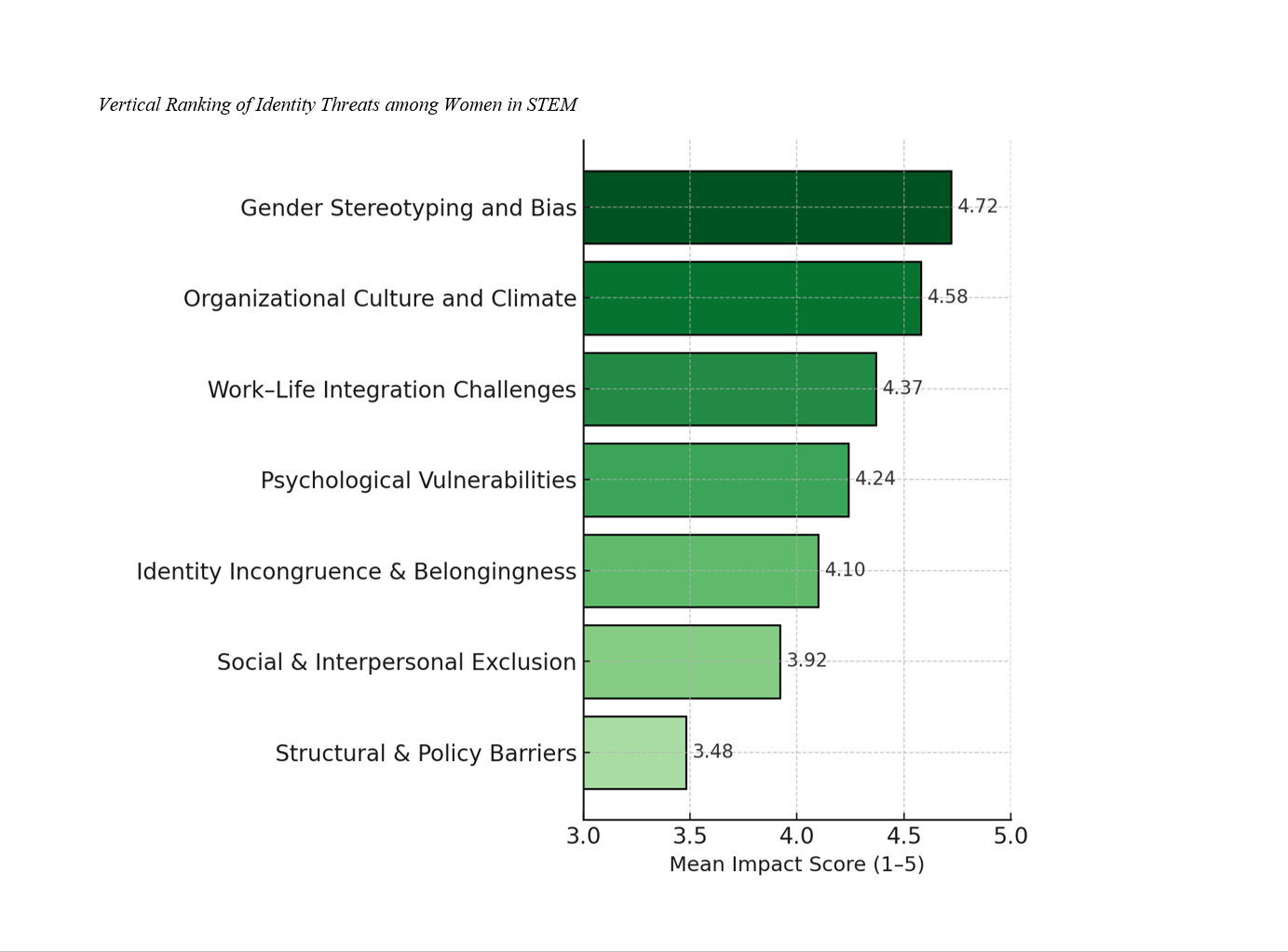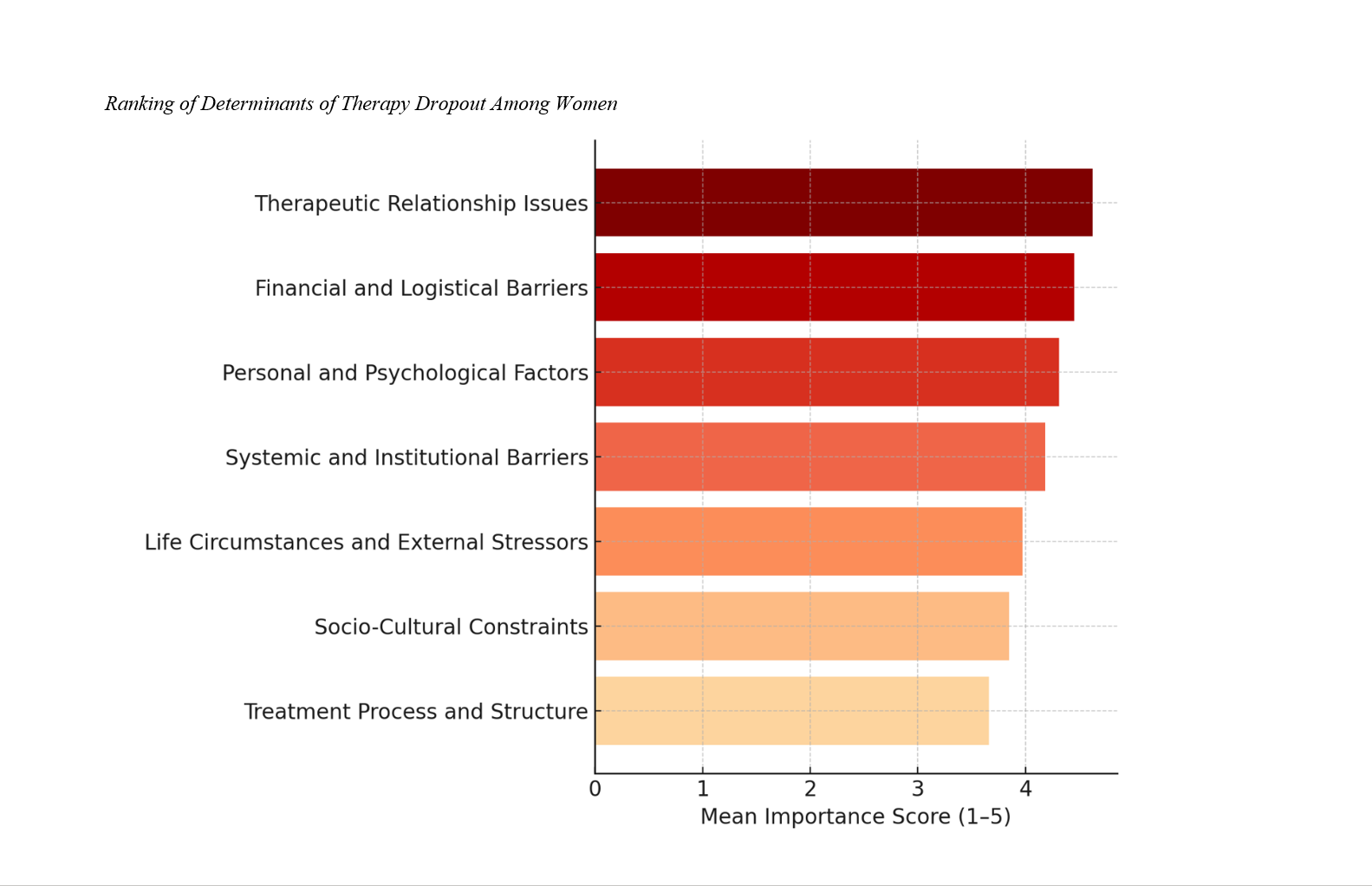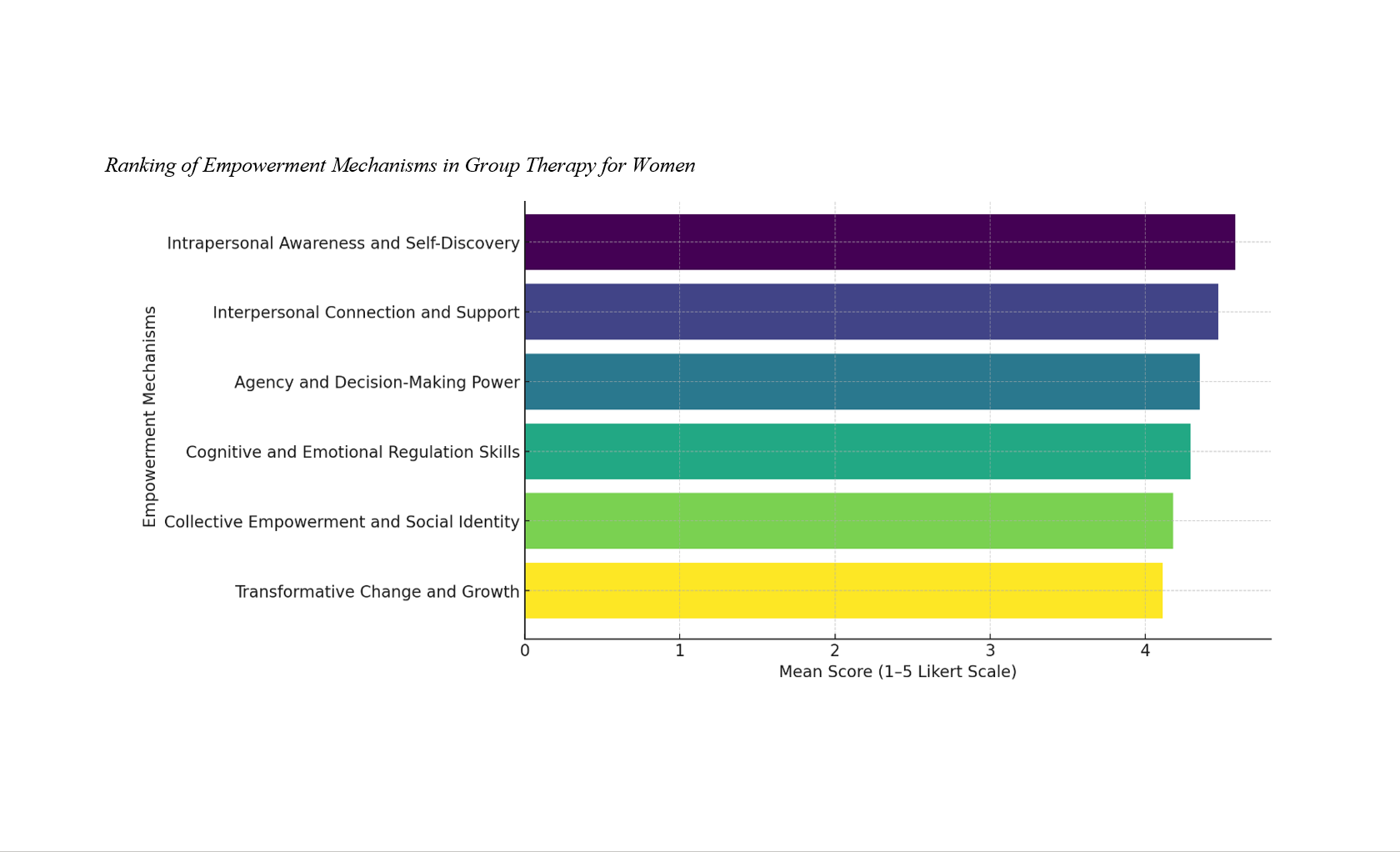
About the Journal
- E-ISSN: 3041-8615
- Director in Charge: Dr. Seyed Ali Darbani
- Editor-in-chief: Dr. Shokoh Navabinejad
- Associate editor: Dr. Nadereh Saadati
- Executive Director: Maryam Nayebzadeh
- Owner: Iranian Association for Women's Studies
- Publisher: KMAN Publication Inc. (KMANPUB)
- Contact Email: psywoman@kmanpub.com /psychowomenjournal@gmail.com
- Open Access: YES
The psychology of woman journal publishes new theories and scientific-research achievements in various areas and is a suitable platform for presenting and transmitting opinions and results obtained about new findings and studies that are raised in relation with women studies. The publication of this journal causes a detailed and valuable acquaintance and recognition of the studies which can show that how women have a great contribution in the society. Therefore, articles that are dedicated to the psychological and social issues of women and are written according to the scientific structure of the journal will be able to be published in this journal. Therefore, experts and scholars can submit their manuscripts for peer-review and publication in this scientific quarterly by becoming a member of the site. The Psychology of Woman Journal is a scientific open peer-reviewed.
The aims and scopes of the journal are to publish articles in the field of women and family, with the following priorities:
Pathology and providing solutions for women and family issues
Examining and presenting new findings in the theoretical fields of women and family issues from a religious perspective
Identifying the needs, abilities of women and the fields of their presence during the development of the Islamic system
Explaining the role of women in social processes and social psychology
Creating and presenting a new paradigm in the field of women in the country
Development of research related to women from the perspective of social psychology and sociology
Criticizing and examining the views of schools and experts in the field of women and family
About the Publisher
Publisher: KMAN Publication Inc.
Publisher Office: Unit 5‑10825 Yonge St, Richmond Hill, Ontario, Canada, L4C 3E3
https://journals.kmanpub.com
Email: kmanpu@kmanpub.com
Telegram: +1 (647) 656‑4401 | WhatsApp: +1 (437) 429‑3507
Germany Office: Dratelnstrasse, Wohnung A60, 21119 Hamburg, Germany (+4915207720487)

